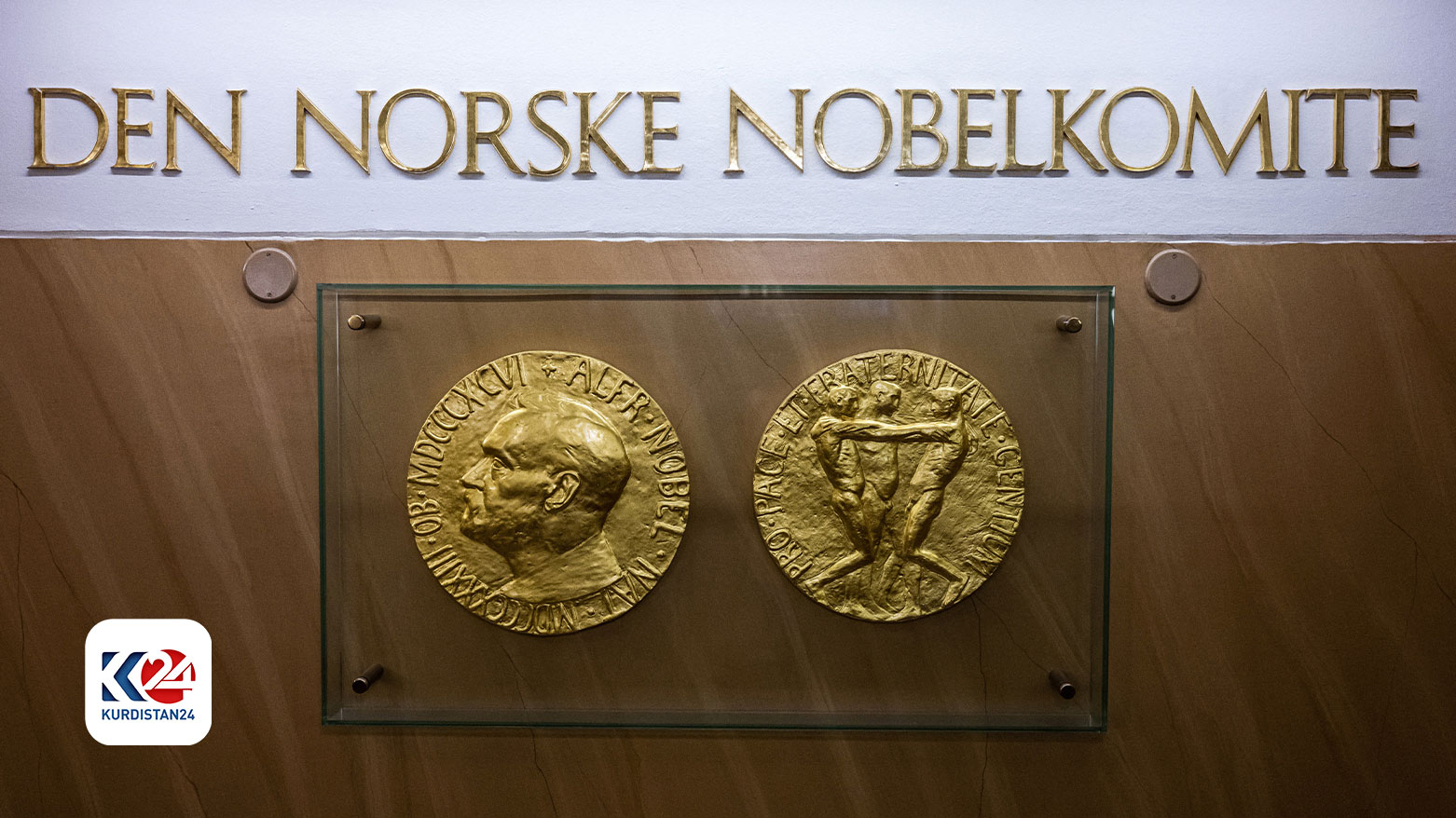Japanese anti-nuclear group wins Nobel Peace Prize
The group, a grassroots movement formed by the Hibakusha (atomic bomb survivors), has long fought for a world free of nuclear arms.

ERBIL (Kurdistan24) – The Nobel Peace Prize was awarded Friday to Nihon Hidankyo, a Japanese organization representing survivors of the U.S. atomic bombings of Hiroshima and Nagasaki, for its relentless campaign against nuclear weapons.
The group, a grassroots movement formed by the Hibakusha (atomic bomb survivors), has long fought for a world free of nuclear arms.
Jørgen Watne Frydnes, the chair of the Norwegian Nobel Committee, announced the award, emphasizing the growing risks posed by nuclear armaments.
"The taboo against the use of nuclear weapons is under pressure," Frydnes warned.
He noted that the Nobel Committee wanted to honor the survivors who, despite enduring unimaginable physical and emotional pain, have used their harrowing experiences to foster hope and advocate for peace.
Founded in 1956, Nihon Hidankyo has been a cornerstone of global anti-nuclear activism, sharing the personal testimonies of survivors to underscore the devastating consequences of nuclear warfare.
Frydnes highlighted the organization's achievements, saying, "Their efforts to achieve a world free of nuclear weapons, and their powerful witness testimony, serve as a reminder that such weapons must never be used again."
The announcement was met with overwhelming emotion in Japan. Tomoyuki Mimaki, chairperson of Hidankyo's Hiroshima branch, was visibly moved when he received the news.
"Is it really true? Unbelievable!" he exclaimed with tears in his eyes. Mimaki expressed deep gratitude and surprise at the recognition, telling reporters, "Never did I dream this could happen."
Nihon Hidankyo’s Nobel win joins a legacy of anti-nuclear laureates.
In 2017, the International Campaign to Abolish Nuclear Weapons received the prize, and in 1995, Joseph Rotblat and the Pugwash Conferences on Science and World Affairs were honored for their efforts to reduce the role of nuclear arms in global politics.
This year's prize was awarded amid a backdrop of devastating conflicts, including wars in the Middle East, Ukraine, and Sudan, all of which have raised concerns about the potential for nuclear escalation.
Alfred Nobel's will stipulated that the peace prize should be given for "the most or the best work for fraternity between nations, for the abolition or reduction of standing armies, and for the promotion of peace congresses."
Last year, the prize was awarded to Iranian activist Narges Mohammadi, who has been a prominent advocate for women's rights and democracy, as well as a vocal opponent of the death penalty. Her recognition was seen as a tribute to the thousands who have protested Iran's theocratic regime and its policies of oppression and discrimination against women.
In the lead-up to this year’s announcement, some speculated that the Nobel Committee might withhold the award due to the ongoing global strife.
Since 1901, the prize has been withheld 19 times, including during both World Wars. The last time it was not awarded was in 1972.
The Nobel Peace Prize, like all Nobel awards, comes with a monetary prize of 11 million Swedish kronor (approximately $1 million).
While the other Nobel prizes are announced in Stockholm, the peace prize is uniquely awarded in Oslo by a five-member Norwegian committee, in accordance with Alfred Nobel's wishes.
The Nobel season will conclude on Monday with the announcement of the economics prize, formally known as the Bank of Sweden Prize in Economic Sciences in Memory of Alfred Nobel.
On Thursday, Han Kang made history by becoming the first South Korean to win the Nobel Prize in Literature.
Best known for her novel The Vegetarian, which won the Man Booker Prize in 2016, Han was honored for her "intense poetic prose" that explores the intersection of historical traumas and human fragility.
Han's achievement made her the first Asian woman to win the literature prize, and her victory dominated headlines in South Korea, with widespread celebrations of her accomplishment.